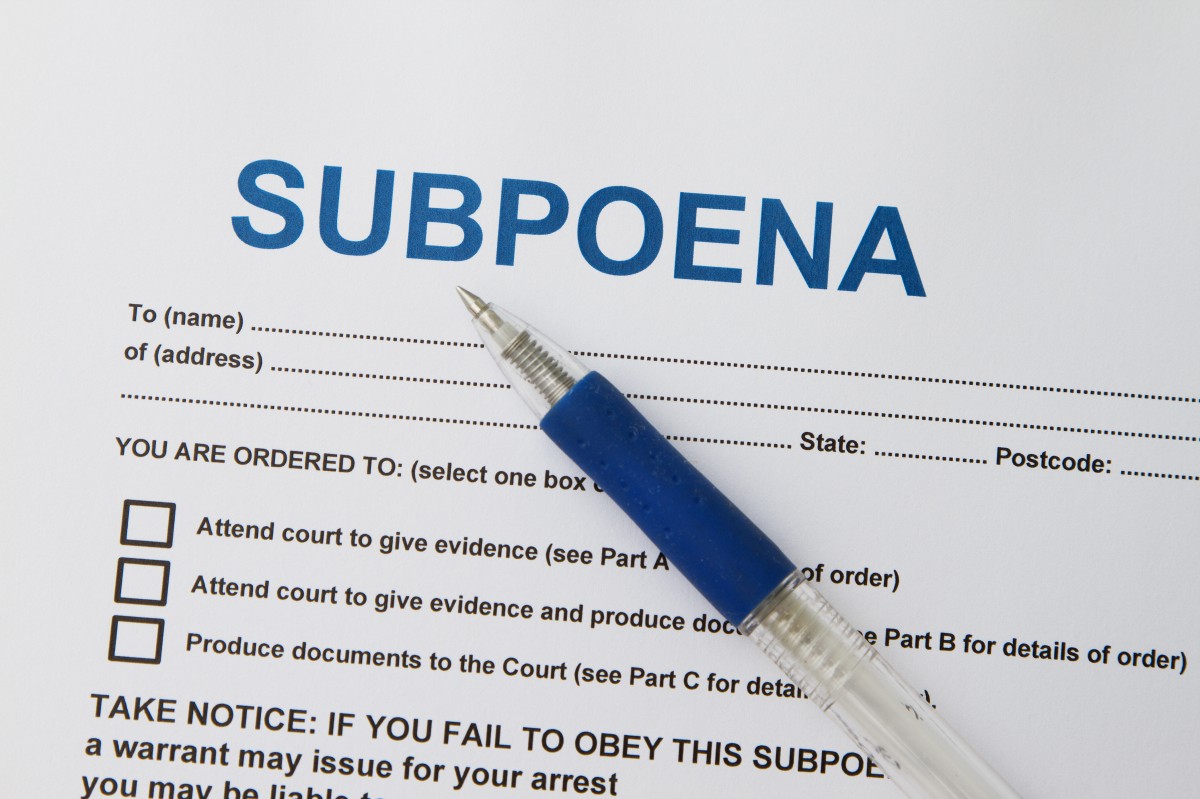
AG to Subpoena Google on Links to Illegal Drug Sites
Mississippi Attorney General Jim Hood says he will issue subpoenas to Google for business records and documents for content related to the illegal online sale of drugs without prescriptions, and called on his colleagues to do the same.
The Associated Press writes that Hood believes Google “hasn’t adequately responded to requests by himself and the National Association of Attorneys General to discuss sites that sell drugs without prescriptions, as well as that improperly link to copyrighted music, videos and other material.”
It’s notable that Mississippi is one of six states whose attorneys general continue to investigate Google for potential violations of antitrust and consumer protection laws. The states, including Texas, New York, California, Ohio, and Oklahoma, did not endorse the Federal Trade Commission’s decision to close its investigation of Google for potential antitrust violations without taking action against the company.
Hood made the announcement at the National Association of Attorneys General (NAAG) summer meeting in Boston. According to Hood, “We in good faith invited Larry Page, chief executive officer of Google, to have an open, honest and transparent conversation about these important issues that are putting consumers at risk and facilitating wrongdoing, all while profiting handsomely from this dangerous behavior. Google’s lack of response leaves us no choice except to issue subpoenas to Google for possible violations of state consumer protection acts and other state and federal civil and criminal laws.”
Just yesterday, Google’s Public Policy blog posted a review of how the company tries to prevent fraudulent pharmaceutical ads. In the post, Google pats itself on the back for working to keep consumers safe in its advertisements, search results and on YouTube. It also mentions working with regulators to combat illegal “rogue” pharmacies.
We couldn’t help but notice this “fight to protect its users” and cooperation with regulators came after the company forfeited $500 million in 2011 for revenue generated by ads related to the unlawful importation of prescription drugs drugs by Canadian on-line pharmacies. According to the Department of Justice, the hefty fine to settle a criminal investigation represented “the gross revenue received by Google as a result of Canadian pharmacies advertising through Google’s AdWords program, plus gross revenue made by Canadian pharmacies from their sales to U.S. consumers.”
The DOJ also said that “Google was aware as early as 2003, that generally, it was illegal for pharmacies to ship controlled and non-controlled prescription drugs into the United States from Canada,” and that “from 2003 through 2009 Google provided customer support to some of these Canadian online pharmacy advertisers to assist them in placing and optimizing their AdWords advertisements, and in improving the effectiveness of their websites.”
Google often tries to reinforce its image and reputation as a tech innovator rather than an advertising-funded corporation driven by profits. In 2012, 95% of Google’s revenue, or $43 billion, came from its advertising business. So when did Google choose to monitor pharmaceutical advertising? The settlement with the DOJ required it: “The agreement also sets forth a number of compliance and reporting measures which must be taken by Google in order to insure that the conduct described in the agreement does not occur in the future.”
AG Hood has said he can provide the Department of Justice with “evidence of drug purchases his investigators made using Google auto-complete from Google advertisers after the DOJ entered an agreement to not prosecute Google for the same conduct.”
At the meeting, other attorneys general announced similar issues with Google’s business practices, including Nevada AG Catherine Cortez Masto, Kentucky AG Jack Conway and Hawaii AG David Louie.
Mississippi’s move could be the first step toward a criminal or civil suit against Google—and it’s more evidence that there is heightened scrutiny and a lack of trust for Google at the state level.
